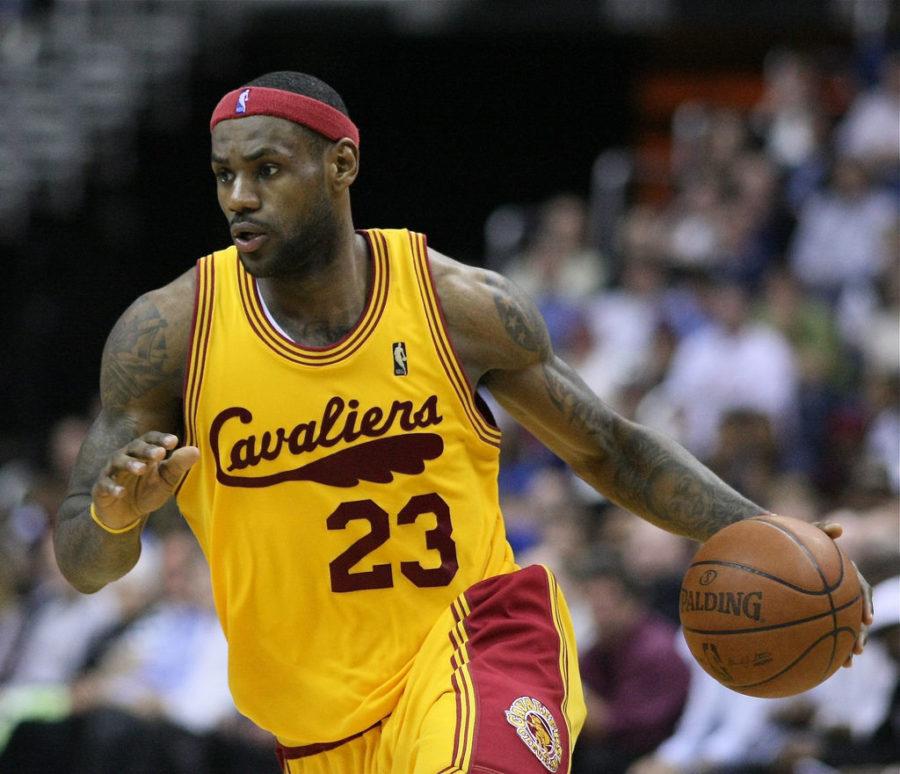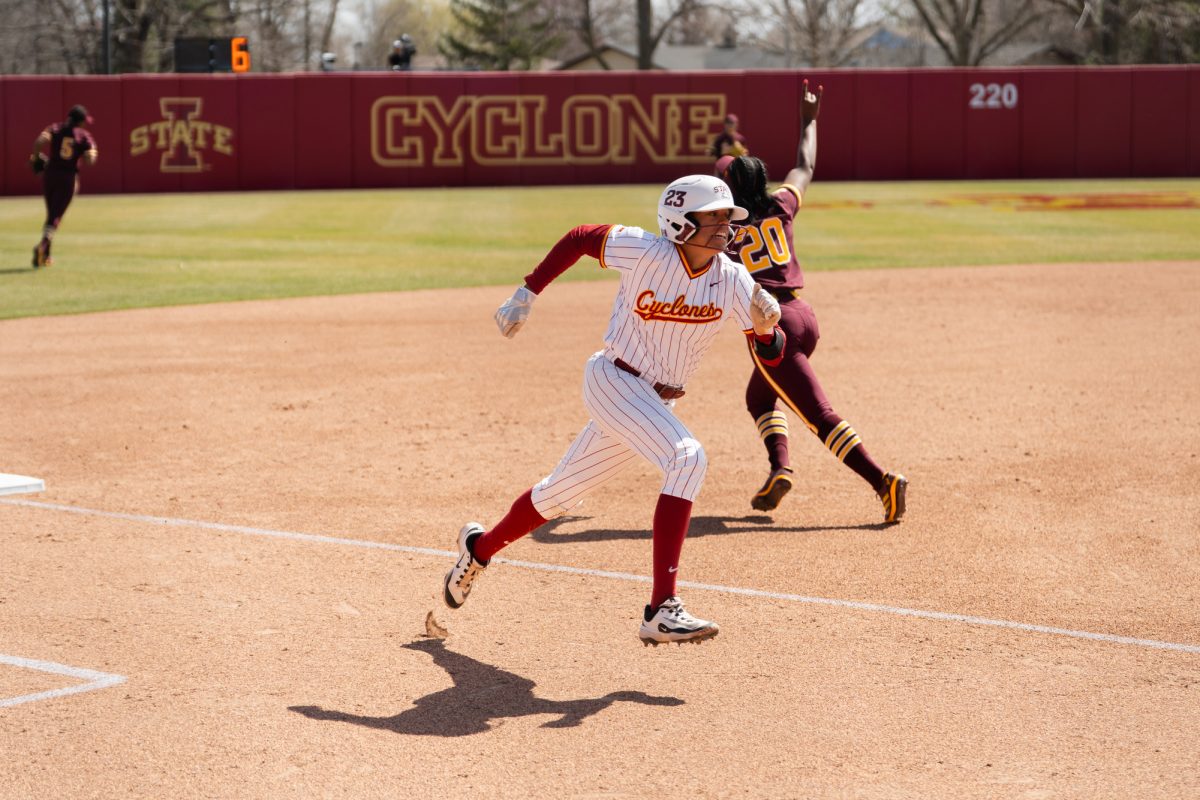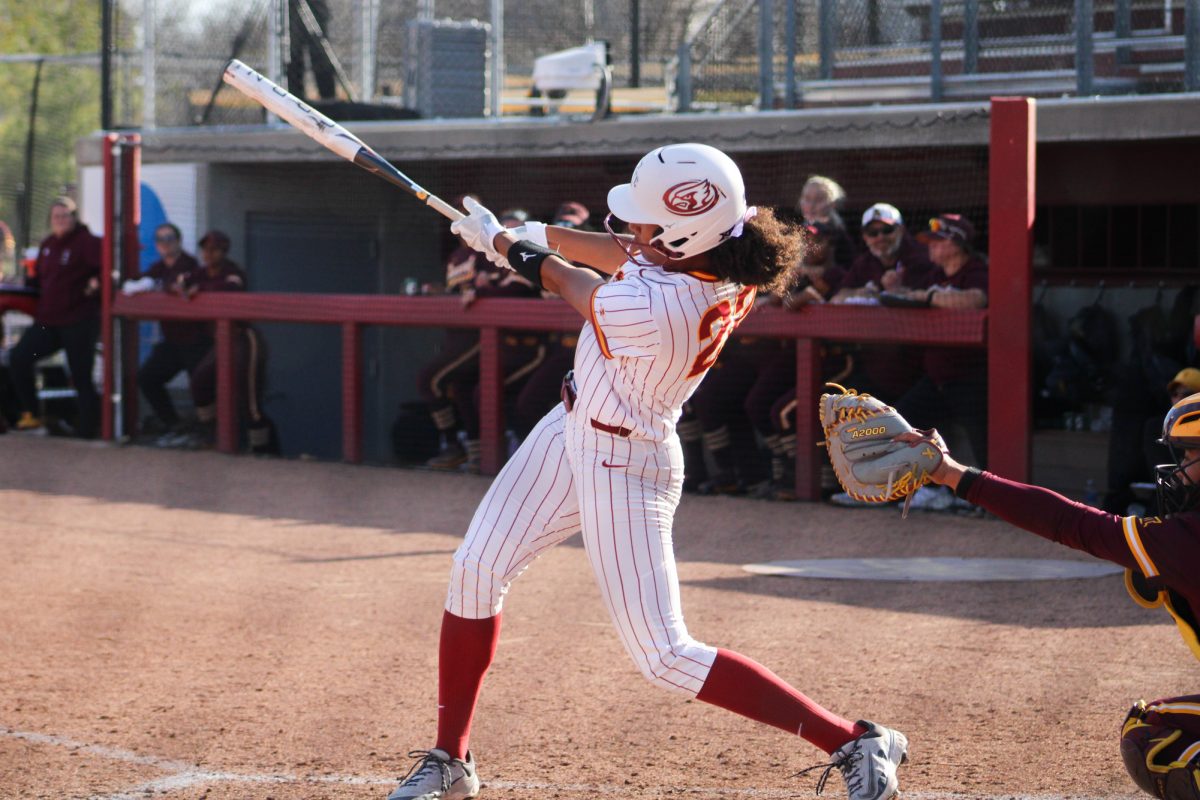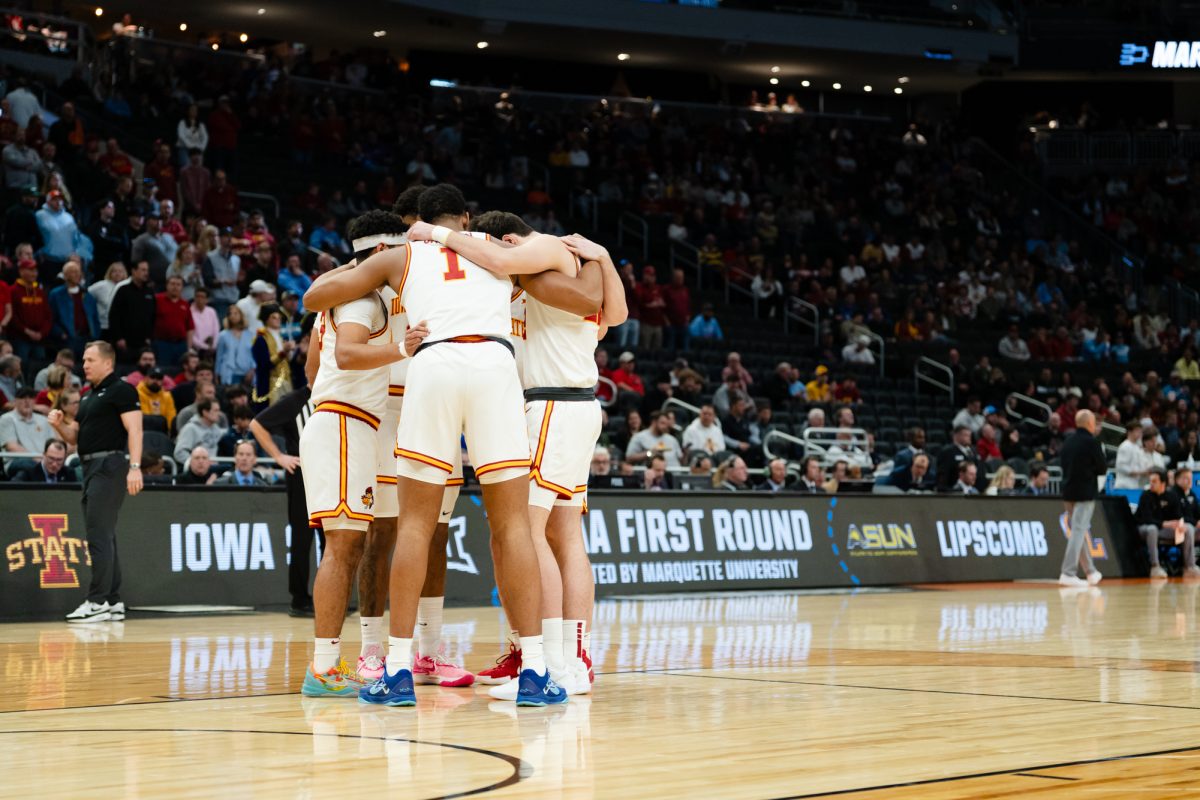Sinclair: Don’t like the pros resting? Cut the NBA season short
March 22, 2017
Last Saturday — on one of the last days of spring break — I settled in to watch the Cavaliers face off against the Clippers in Los Angeles. I was looking forward to seeing my favorite player, LeBron James, hopefully demolish the now healthy Clippers.
Unfortunately, that didn’t happen.
The Cavaliers rested LeBron James, Kyrie Irving and Kevin Love that night, which predictably resulted in them losing to the Clippers 107-78. This comes just after the Warriors decided to rest Stephen Curry, Klay Thompson, Draymond Green and Andre Iguodala against the Spurs. Both of these games were in prime time, and the latter was supposed to be an epic showdown between the two best teams in the Western Conference. Many people are angry that these teams sat their best players simply for rest.
I am not.
The goal of every NBA franchise is to win championships, and teams have the right to do whatever they can — provided it is within the rules — to do just that. Resting players is a perfectly acceptable and legal strategy for teams, whether it’s to prevent injury to star players or to hide the dynamics of the team from potential playoff opponents.
As a fan, yes, I was disappointed that James wasn’t playing Saturday night. I also understand that there were many fans in LA and across the nation who wanted to specifically see him play, and were understandably disappointed that he did not. The same goes for the fans who wanted to see the Warriors’ best in a high-stake game against the Spurs.
What fans have to take in consideration is that the NBA season is 82 games. That is a grueling schedule that often includes enormous amounts of travel and wear and tear on players. For teams that are contending for a chance to go to the Finals, including the Warriors and Cavaliers, they need their players to be well rested for the playoff games that actually matter. Taking a loss for a game or two in an 82-game season in order to keep your players fresh for the playoffs is a sacrifice worth making.
Along with concern for the fans, money plays a big role in this resting issue. In 2016, the NBA inked a nine-year agreement with Turner Broadcasting System and The Walt Disney Company for broadcasting NBA games on channels like ABC and TNT. This deal is worth $24 billion total, or $2.66 billion a year. These billions of new dollars allowed for the team salary cap to rise from $70 million to $94.1 million in one year. Since then, teams have been able to pay their players more and make more aggressive trading moves with this added cap space.
Each of the two games previously mentioned was a prime-time, marquee game that received a large amount of attention and hype, and lived up to none of it. These games would have been exciting, nail-biting events that thousands would have tuned in to watch. Instead, they were dull, starless games that no one wanted to even have on as background noise.
I don’t think the business side of basketball should outweigh the competitive nature of the game. Business interests shouldn’t come before competitive interests. However, resting star players — especially during prime-time games — may make it difficult for the NBA to negotiate a new deal with the broadcasting companies in nine years. They don’t want to put time, money and resources into a game that won’t have one or both of the team’s superstars in it.
Although there is practically nothing the NBA can do about it right now, something has to be done to address players resting.
NBA commissioner Adam Silver has weighed in on this issue, saying in a memo to NBA owners that resting players is “an extremely significant issue for our league.” He also mentioned that this issue will be addressed at the upcoming NBA Board of Governors meeting on April 6, which is a step in the right direction.
There are many solutions to this issue, but not one seems to stand out above the rest. The NBA could penalize players for sitting out a game simply for rest, but I don’t foresee the NBA Players Association letting that become a reality. Perhaps there could be more fan interaction, like photos and a meet-and-greet with fans before the game to satisfy fans who don’t get to see certain teams’ superstars very often. This isn’t a terrible idea, but then not every fan will get to see the players, and the games still will be lackluster without the superstars.
My opinion is that the NBA needs to decrease the amount of games in the regular season by 10 or 15 games. This would eliminate almost all the back-to-back games and hopefully decrease the amount of wear and tear NBA players endure throughout the season. It would also make the regular season games worth more, as an 82-game season can detract from the value of a regular-season game. Now, obviously, that would mean there would be less money being made, which is the main reason I doubt this will ever happen, but I believe the players’ health would be worth the sacrifice. Getting rid of 10 or 15 games would not only resolve the players resting issue but it would also make the league more competitive and robust moving forward.
Resting players, in my opinion, is a perfectly acceptable strategy, especially if teams want their players healthy for the playoffs. There are evident downsides to resting players, like disappointed fans and a lack of viewers for prime-time games, but basketball is ultimately about winning championships. I think there needs to be a change to the rules because these downsides cannot be ignored. Hopefully the league can address this issue at the NBA Board of Governors meeting this April and come up with a fair and beneficial rule change during the off season. Until then, teams will continue to rest players whenever they see fit as they pursue a championship.







